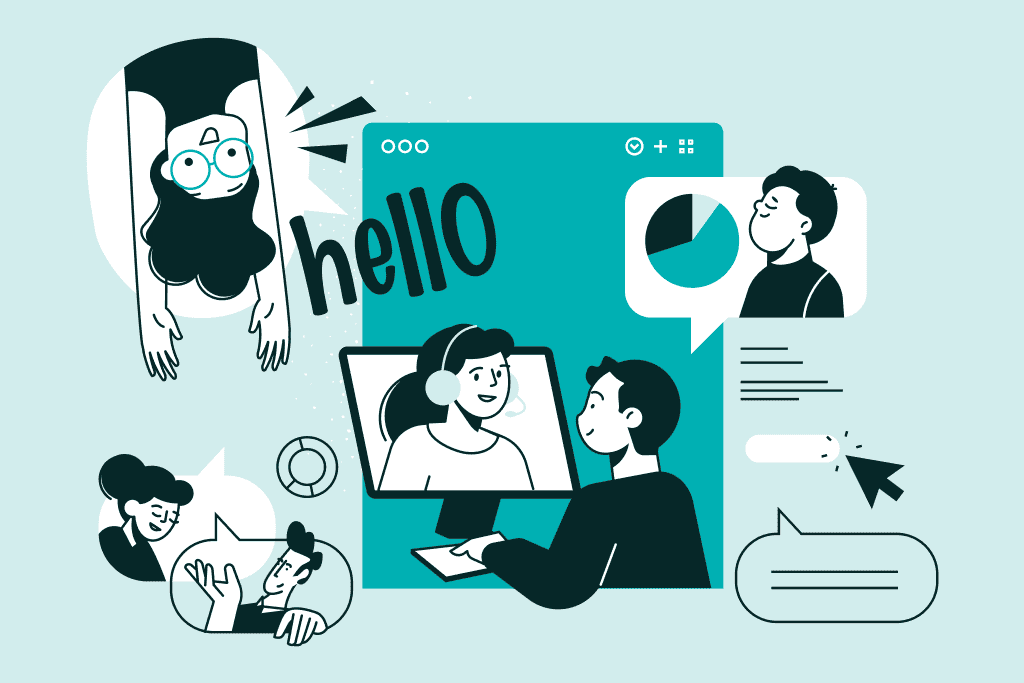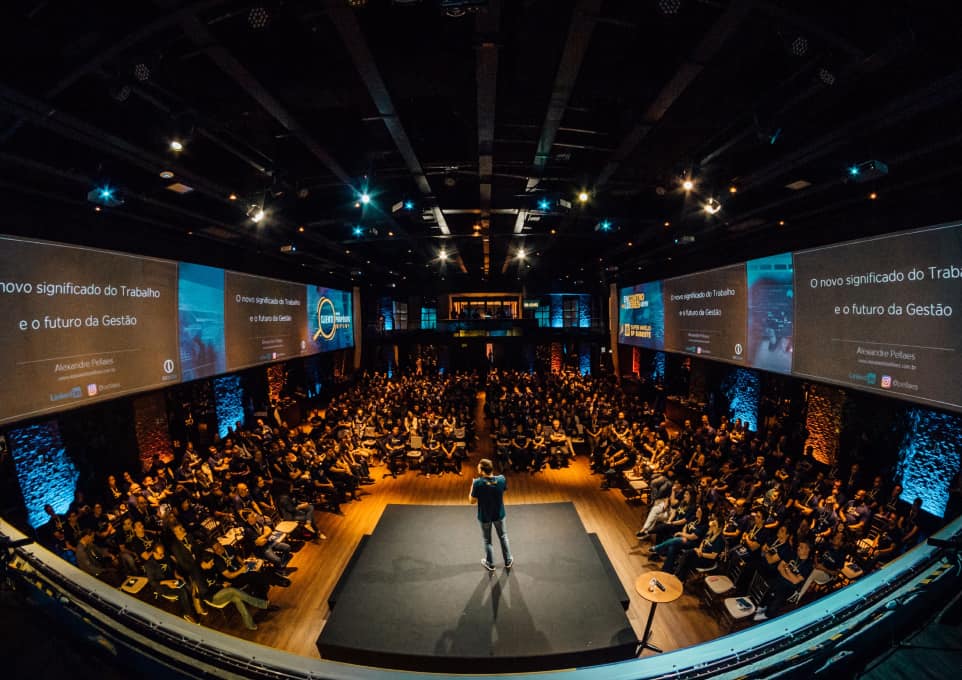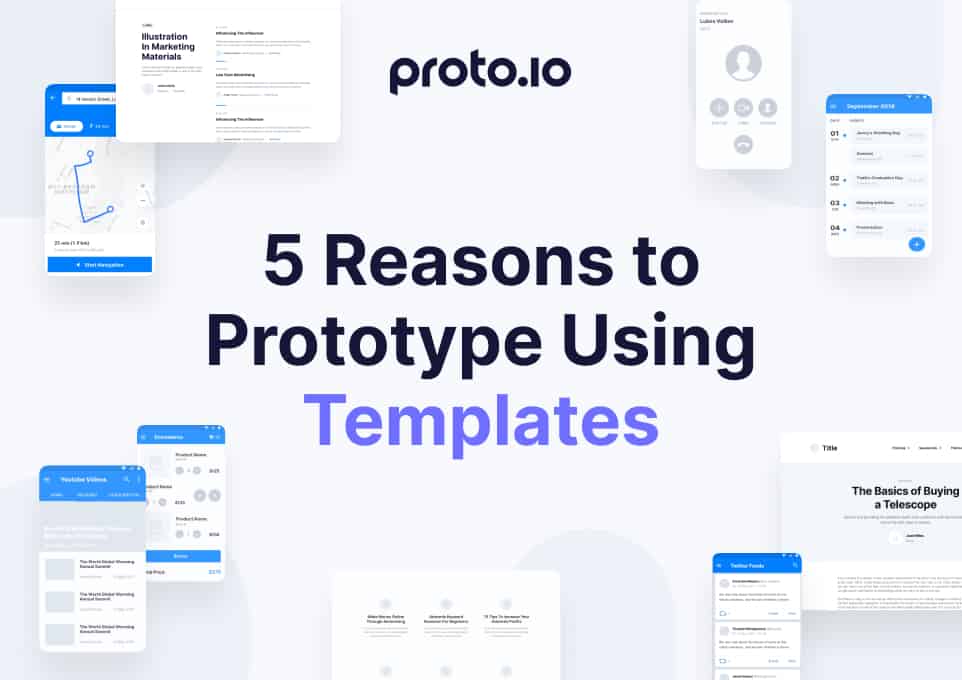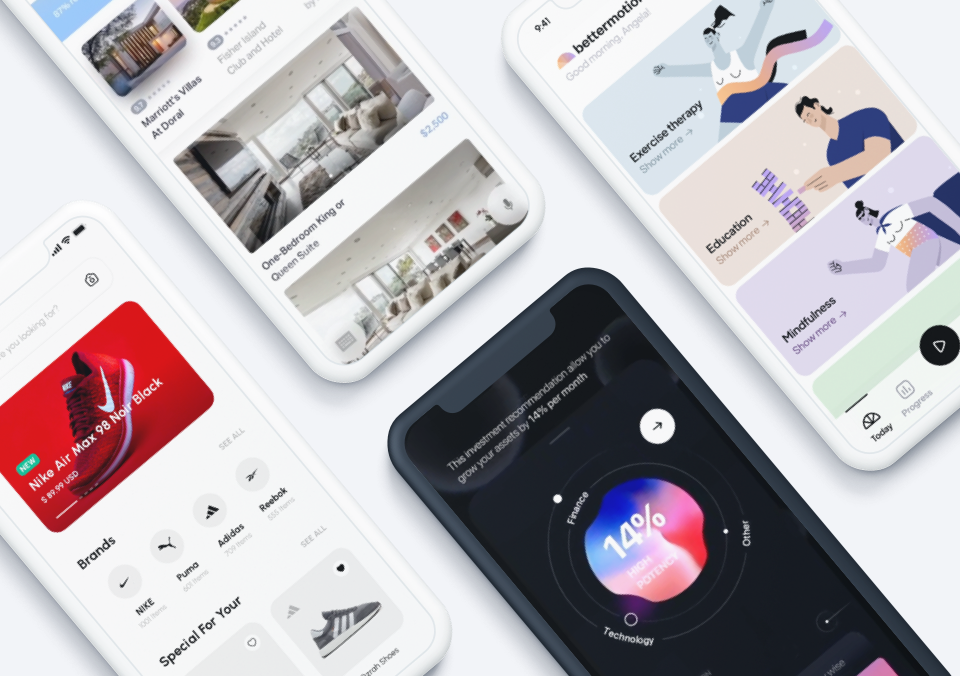Coding skills are in high demand, and an engineering or computer science degree is not always a requirement to get a job as a developer. Instead of spending four or more years on a degree, many people turn to intensive programs that last several weeks or months. Students spend all week heads down learning the most popular coding languages and putting them to good use with hands-on projects. But the fact that there are so many programs out there means that potential students should seriously consider the pros and cons of the programs available to them. Below we’ll break down the factors that all aspiring developers should consider to choose the right coding bootcamp.
1. Cost: Upfront or Once Hired?
Let’s get the most contentious topic out of the way first: cost. Most coding bootcamps and coding schools collect fees in two ways. First, they may require tuition upfront. Or, second, they may take a percentage of your earnings for a specified period of time after you graduate and get a job in the field.
Paying tuition upfront is a risk because you may not get a refund if the program doesn’t work out. If you decide developing isn’t for you, then that money may be gone forever. Also, if you complete the program, but can’t find a job in your new field afterward, then you are also likely out of luck. But it does have the massive upside of being a fixed cost. You know what to expect and can plan accordingly.
Coding schools that take a percentage of your income once you get a developer position (also known as “income share agreements”) are signaling confidence in job placement post-program. They are quite certain that you will learn exactly what you need to land a lucrative job after graduation. This is an insurance policy of sorts for students because if the program doesn’t work, no further payment is required beyond a potential deposit (although you may have paid in several months of your time). Also, there is never a large lump sum you have to come up with. Instead, you pay as you get your paychecks from your new job.
Some companies might even pay the school back after getting hired as a perk of employment, but this is very rare. The two popular payment options above involve a fair amount of risk, and both have the potential to lead to a significant reward. The payment structure that works best will depend on each student’s financial circumstances and professional goals.
2. Professional Goals: What Are You Seeking to Get Out of the Program?
Before you sign on the dotted line, you’ll need to do some soul searching. Why exactly are you interested in learning to code? What is your dream job after the program, and what will you need to learn to become qualified?
Any good program should offer up the companies their graduates went on to join so that you can align that with your goals. A well-written student testimonial can get anyone to apply, but maybe consider contacting previous students as well. They may have gone on to get a great job at a company you’d love to join, but get the full story on how well the program prepared them for the role and what they might do differently if they had the chance to do it all again. These honest conversations can help you choose the right coding bootcamp based on what you want to achieve.
Going into a coding bootcamp with specific goals is great, but you also need to leave a little bit of room for new paths to emerge. If a program excels in opening your eyes to new languages, applications, and job opportunities, you should leave space to explore those new passions. Being sure that you want to be a software engineer at a startup might seem like the best move after graduation, but making friends who become co-founders in your program could lead you down a wonderfully different path. So stay open to slight changes in your goals because a better option may emerge based on the new information and people you’ll gain access to. You never know, you might become the next great app developer.
3. Location: Remote or In-Person?
Do you perform better online or in person? Understanding your learning style is essential to choosing the right coding bootcamp. If you choose an online course, you’ll need to be especially good at speaking up when you are confused to make sure you learn the material properly. In the classroom, instructors can pick up on subtle cues and be more attuned to which students might need a little extra guidance.
In-person programs also require a conscious decision to pick a school in a location with plenty of job openings. While you might want to attend school in one city, then move to another to find employment, many other students choose to join a program where they aim to work. After all, you are developing deep relationships with instructors and fellow students to help you get a job when the program ends. These new friends likely have the deepest ties to the local community.
4. Material: How Deep Does the Program Go?
We spoke with Chris Hernandez, M.S.Ed., an EdTech Coach, Instructional Designer & Digital Creator at LevelUp Time Studio, to better understand what students need to be looking out for to choose the right coding bootcamp. He told us students must look into “whether or not a school’s program has in-depth 101-course work. A big problem with a lot of programs, both school and bootcamps, is that they have the learner dive straight into learning a coding language without understanding what the learner wants to eventually do with their knowledge or helping the learner visualize how they can navigate their coding career in the future.”
Learning for the sake of learning is great, but it’s not typically why students are attracted to coding bootcamps. Instead, they’re looking to gain in demand skills quickly (such as building prototypes.) But jumping into the deep end without setting the context won’t produce the outcome students are after. They need to understand the bigger picture and tie each lesson to what they will work on in the real world.
Hernandez suggests students take a good look at how practical the information is that they will be learning. He cautions students to look out and ask themselves, “Does the program consist of just performing random challenges, or are we engaging in projects that have a real-world application? All these things should be clearly laid out for students on the academy’s website.” Taking the time to fully digest a sample syllabus and other information programs post online will help you get a better sense of whether you will learn the “why” along with the “what.”
5. Languages: Which Ones Will You Learn?
There are many different languages you could learn, from Python to Javascript. Having a full understanding of which languages a program teaches and why they find them most important is essential. You don’t want to spend thousands of dollars and months of your life learning a trendy language that falls out of favor quickly. You want to learn coding languages with staying power. While Hernandez didn’t attend a coding bootcamp, he tells us about his experience learning to code: “the computer science program at my University only had two professors who both pushed learning the C programming family.”
This also brings up an important point: who you learn from is just as important as what you learn. Having instructors from diverse academic and professional backgrounds will help you explore languages and job paths that you may not have considered. While coding bootcamps are short, intense experiences, what and how you learn will impact your job prospects. So pick a program that will give you the most autonomy to learn your strengths and interests.
Closing Thoughts
Software engineering and developer openings are increasing rapidly, and it is an exciting field to get into. With these five tips in hand, we hope that we made the road to choosing a coding bootcamp that much easier.
Are there any factors we forgot when considering how to choose the right coding bootcamp? Let us know by tweeting us @Protoio.
Proto.io helps you bring your idea to life in no time, with no coding skills required. It’s ideal for UX designers, entrepreneurs, product managers, marketers, students, and anyone with a great idea. Sign up for a free 15-day trial to start building your first prototype today!









